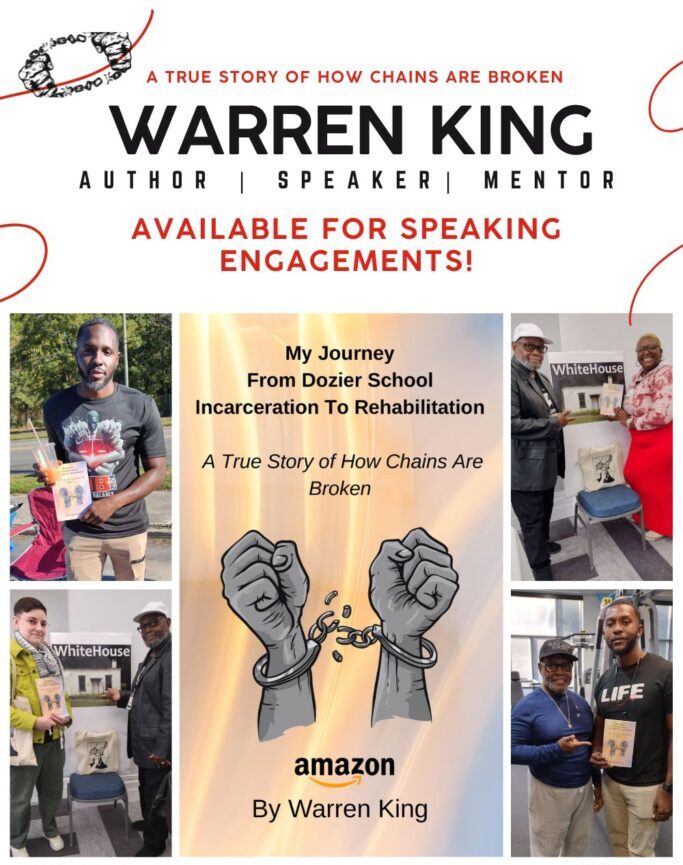A Survivor’s Journey
What elevates King’s memoir beyond mere historical exposé is his profound exploration of how one rebuilds a life after such profound institutional trauma. The “rehabilitation” in the book’s title refers not to anything the Dozier School provided—indeed, it offered only punishment, never treatment—but to King’s decades-long journey toward healing.
With remarkable candor, King details how the psychological scars of Dozier manifested throughout his adult life: the nightmares, the trust issues, the struggle to form meaningful relationships. Yet somehow, through determination and eventually finding the right support, he managed not just to survive but to transform his experience into a mission to ensure such abuses never happen again.
Breaking Decades of Silence
Perhaps the most important aspect of King’s work is how it contextualizes the culture of silence that allowed Dozier’s abuses to continue for so long. Throughout the 1940s and 50s, complaints about the school were systematically dismissed. Investigators were shown sanitized versions of the facility, while tortured children were threatened with worse punishment if they spoke up.
The book reveals how this institutional code of silence extended beyond Dozier’s walls. Local officials, politicians, and even some family members refused to believe the reports that occasionally surfaced. This collective denial persisted for decades, with many survivors like King keeping their experiences private out of shame or fear of disbelief.
It wasn’t until the early 2000s that former Dozier boys, now elderly men, began organizing and speaking out as “The White House Boys.” Their advocacy eventually led to investigations that confirmed their accounts, with archaeological work uncovering more unmarked graves than official records had ever acknowledged.
More Than a Memoir
What makes “From Dozier School Incarceration to Rehabilitation” so valuable is that it’s more than one man’s story—it’s a crucial piece of American history that forces us to confront uncomfortable truths about how society treats its most vulnerable members.
King writes with the dual perspective of both the frightened boy he once was and the reflective elder he has become. His prose is direct and unsparing, yet never sensationalized. The horror of Dozier needs no embellishment, and King honors his fellow survivors by simply telling the truth as he lived it.
The book stands as both a powerful personal testimony and an important historical document. For anyone seeking to understand America’s troubled history with juvenile justice, the legacy of institutional abuse, or the remarkable resilience of the human spirit, Warren King’s memoir is essential reading.

